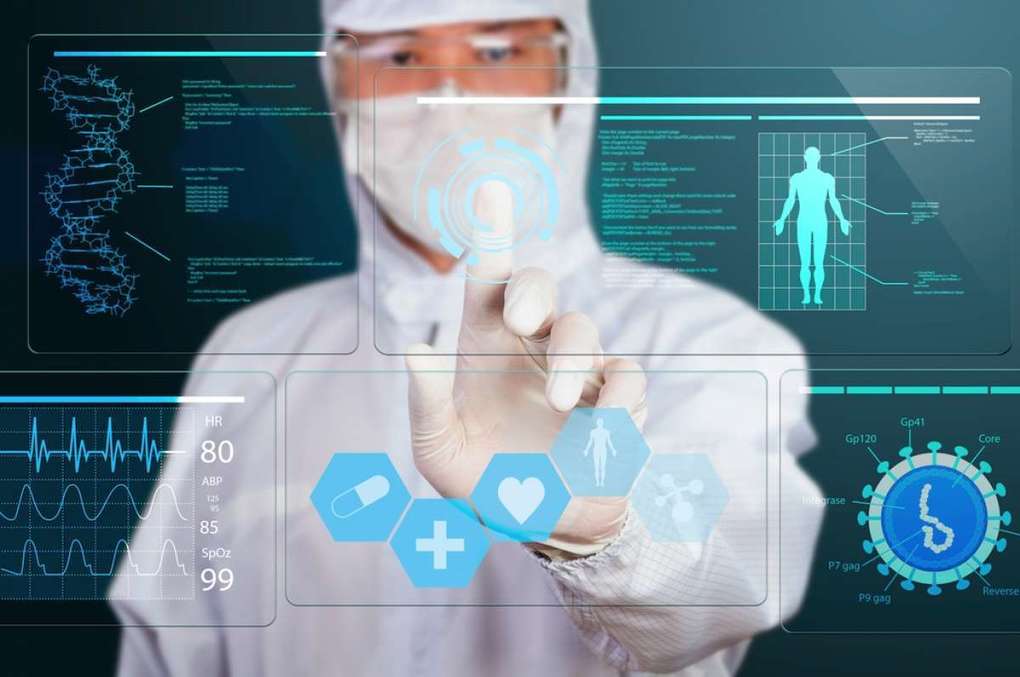How Artificial Intelligence Can Make Drugs Better and Faster
02/08/2015Which Mobile Health Applications Have the Greatest Accuracy?
02/08/2015How Artificial Intelligence Can Make Drugs Better and Faster
When researchers used to try to diagnose and treat diseases, they would often search for one mutation on a single gene that was causing the problem. Or maybe they would look for average effects of a mutation that led to a disease across the entire population. But these approaches ignored the complexities and specifics that truly give rise to disease — demographic information, proteins, multi-gene interactions, environmental effects, and a whole host of other facets.
Until recently, computers weren’t powerful enough to be able to analyze all of this health information, nor were there large enough datasets to test. But the rise of Artificial Intelligence (AI) can tease out interactions from big health data that is emerging from the ability to quickly sequence entire genomes and gather more molecular information than ever before. AI could make precision medicine a reality, since it will hopefully one day be able to identify the unique characteristics an individual has that could lead to certain diseases, and how to treat them.
“That’s what precision medicine is all about. Each of us is different and each of us is genetically unique, so each of us should have a treatment that’s tailored to our individual genetic makeup and our individual environmental history,” said Jason H. Moore, Chief of the Division of Informatics at the University of Pennsylvania. “So I think that’s where artificial intelligence has a very important role to play, is being able to put together multiple genetic and environmental factors to identify the important subgroups.”
Source: www.popsci.com




